On November 5, approximately 244 million American voters will decide who will be the 47th president of the United States. The views and vision of who will occupy the White House always play a decisive role in determining US foreign policy, including policy towards China.
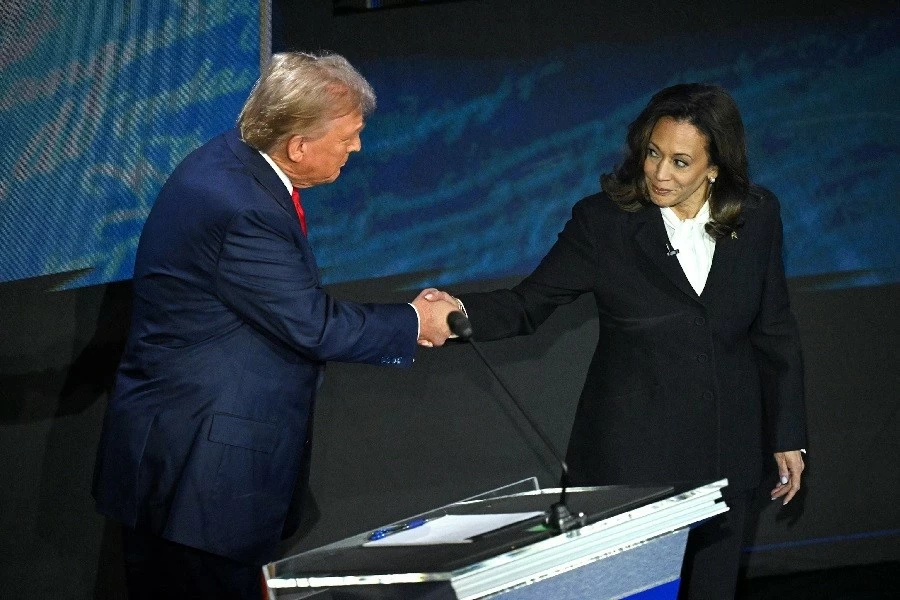 |
| Donald Trump shakes hands with Kamala Harris during the first live debate in Philadelphia, Pennsylvania, on September 10. (Source: AFP) |
Who will win?
The race is now in its final stages and is fierce, with the percentage of voters supporting Mr. Trump and Ms. Harris not too different. Based on the results of national polls, neither candidate has an overwhelming advantage over the other. However, Ms. Harris seems to be gaining more attention from moderate voters, and the candidate herself is trying to win votes from young people, women, people of color, and immigrants.
Harris is also in a strong position to attract new donors to her campaign. Since being chosen as the candidate to replace Mr. Biden, the number of new donors to her campaign has skyrocketed. In the first 10 days of the campaign, Ms. Harris has raised more than Mr. Biden in 15 months of the campaign. According to the New York Times, her campaign has added more than 1.5 million donors in the first 11 days of July. This has helped Ms. Harris raise more than $310 million, more than double Mr. Trump.
Notably, after the live debate between the two US presidential candidates on the evening of September 10 in Philadelphia, Pennsylvania, many voters rated Ms. Harris as "better" than Mr. Trump. Most snap polls across the US commented that Ms. Harris was the winner. The survey results of Five Thirty Eight on September 11 also showed that. Immediately after the debate, Ms. Harris continued to lead Mr. Trump by about 2.6 points and was maintaining her leading advantage well.
If she can maintain this momentum, Ms. Harris will likely win the election as America is looking forward to new things from the new President and the US administration.
US-China relations if Ms. Harris takes power
As the Democratic candidate, after four years as "deputy" under President Joe Biden's administration, Ms. Kamala Harris will continue Mr. Biden's policies. As a new factor in the US presidential election, Ms. Harris will have to make adjustments to suit the new context and fulfill the commitments in her campaign platform.
In terms of foreign policy, Ms. Harris is likely to continue to pursue traditional Democratic ideology and strengthen relations with allied countries in the Indo-Pacific region. This region will receive more attention in the context of increasing strategic competition here.
To date, Ms. Harris has made four official visits to the Indo-Pacific region to affirm the role of the US as well as show her interest in the region. She also affirmed that “the United States will continue to support Taiwan’s right to self-defense, which is also a consistent policy (of the US)”. This shows that the US will continue to compete strategically with China in the Indo-Pacific.
In terms of personnel, Mr. Philip Gordon, Ms. Harris's national security adviser, pursues a traditional foreign policy and has a clear view on China. Regarding China, Mr. Philip Gordon commented that the United States "is facing a country that has the intention and the ability to challenge the American international order, which is a big problem, far beyond what the Soviet Union could do."
Mr. Gordon affirmed that the United States is taking measures to “ensure that China does not have the advanced technology, intelligence and military capabilities that can challenge the United States.” One of those measures is to establish alliances in the Indo-Pacific region. In addition, Ms. Harris’s vice presidential candidate, Mr. Tim Walz, is also considered the candidate with the most experience with China in the past few decades.
On the economic and social front, Ms. Harris will continue the policy of both cooperation and containment of China. Ms. Harris’s administration will develop Mr. Biden’s policies through a systematic and highly multilateral approach. In other words, the US will “invest, coordinate and compete” with China. Ms. Harris will also work closely with Congress to develop important industrial policies to enhance US competitiveness and reduce dependence on China.
A “de-risking” policy toward China is also likely to be adopted by the Harris administration. Managing the US-China relationship “is not about separating from and limiting our cooperation with China, but about reducing risks with China,” Harris said after attending the 43rd ASEAN Summit last year.
After the debate with Mr. Trump, Ms. Harris emphasized that the United States needs to win the competition with China in the 21st century. To do this, she said that it is necessary to focus on investment and development of technology, especially in the fields of artificial intelligence (AI) and quantum computing. These are all important factors that help the United States maintain its global leadership position. Based on Ms. Harris's statements and views, it can be seen that she is a person who is steadfast in her own platform.
US-China relations with Trump 2.0 scenario
With experience after a term in office, Mr. Trump is expected to take more restrained actions. If elected, the Trump 2.0 administration will likely be an 'upgrade' of Trump 1.0: still having tough, pragmatic policies but more skillful, cautious and consistent in foreign relations with China.
In terms of politics and foreign affairs, Mr. Trump affirmed that he will continue to be tough on China in foreign and security policy. He tends to choose politicians with a tough stance on China to build his cabinet. Republican senators such as Mr. Bill Hagerty, Mr. Tom Cotton and Mr. Marco Rubio are all expected to hold important positions as national security advisors if Mr. Trump is re-elected.
Trump’s vice presidential nominee, JD Vance, has favored shifting America’s attention from Ukraine to China. He wants to re-pivot America to the Indo-Pacific region to counter China’s rise. He is also one of many Republicans who support an “Asia First” policy.
Regarding the Taiwan (China) issue, Mr. Trump once proposed that Taiwan pay the US for the cost of defending the island. However, during his previous term, the Trump administration took actions that showed an upgrade in the relationship with the island, such as the US Secretary of State removing restrictions on relations with Taiwan. These developments signal new fluctuations in the Taiwan Strait (China) under the Trump 2.0 administration.
In terms of socio-economics, since his previous term, Mr. Trump has taken drastic actions against China. Specifically, he launched a trade war with this country, imposing sanctions on China's leading technology corporations. If re-elected, Mr. Trump said he would consider imposing a 60% tax on all imports from China. At the same time, he could continue to be tough on Chinese technology corporations because he believes that China has gained an unfair advantage over its competitors.
The Trump 2.0 administration will likely continue the economic and trade policies of the Biden administration such as: imposing heavy tariffs on goods and preventing the transfer of core technology to China, directing American businesses to separate from China and limiting deep cooperation with Chinese businesses.
After the debate with Harris in Philadelphia, Mr. Trump showed that he would continue to maintain his tough stance on China. He still sees China as a major economic competitor and has expressed concern about its growing influence on the U.S. economy and global markets. In addition, his approach has been consistent since his first term as President, which is to put “America first.”
In short, the outcome of the US presidential election will determine and shape the future of US-China relations. America will have its first female president if Ms. Harris maintains her current advantage and Mr. Trump does not show voters his “new” things. What is happening shows that both candidates advocate following China more closely and “closely”. However, the limit of differences, disagreements and struggles will be cooperation and compromise. This is especially true when both powers have high intertwined interests and need to cooperate to solve global problems.
Source: https://baoquocte.vn/quan-he-my-trung-quoc-se-ra-sao-neu-ong-trump-hoac-ba-harris-thang-cu-286653.html








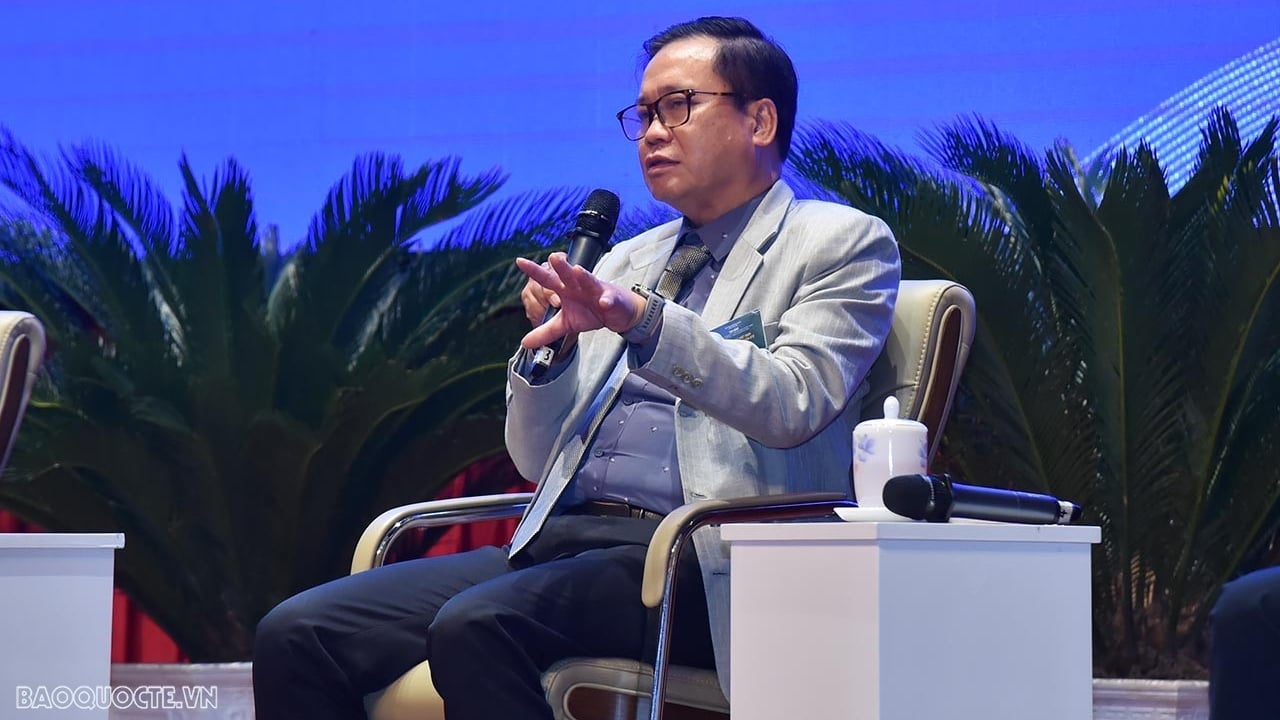


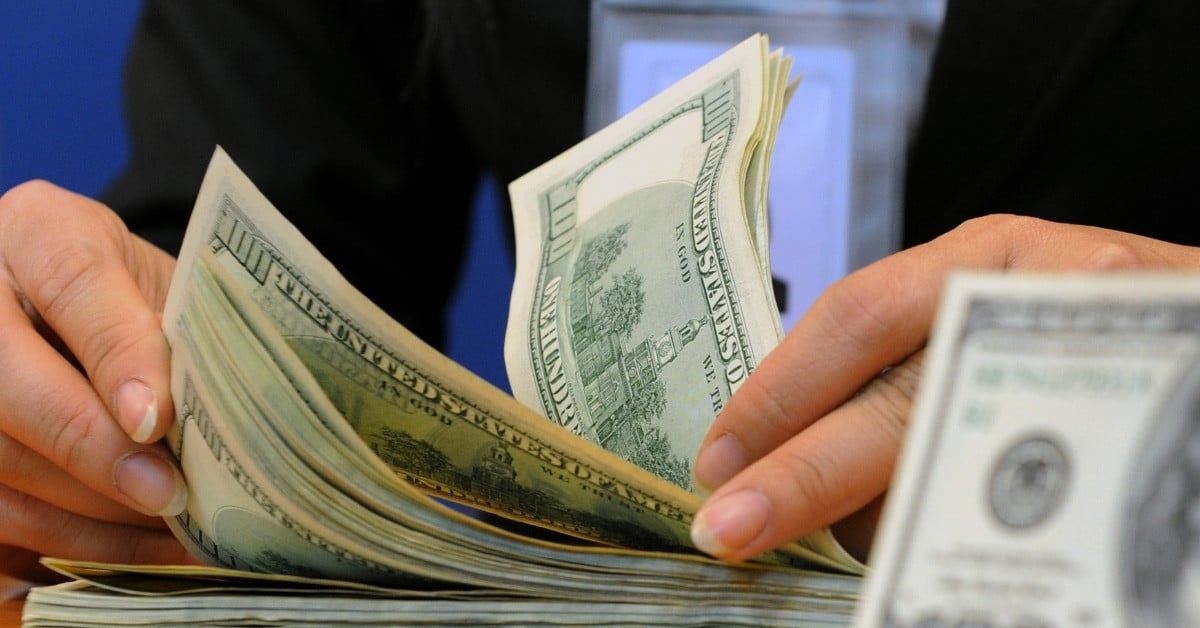








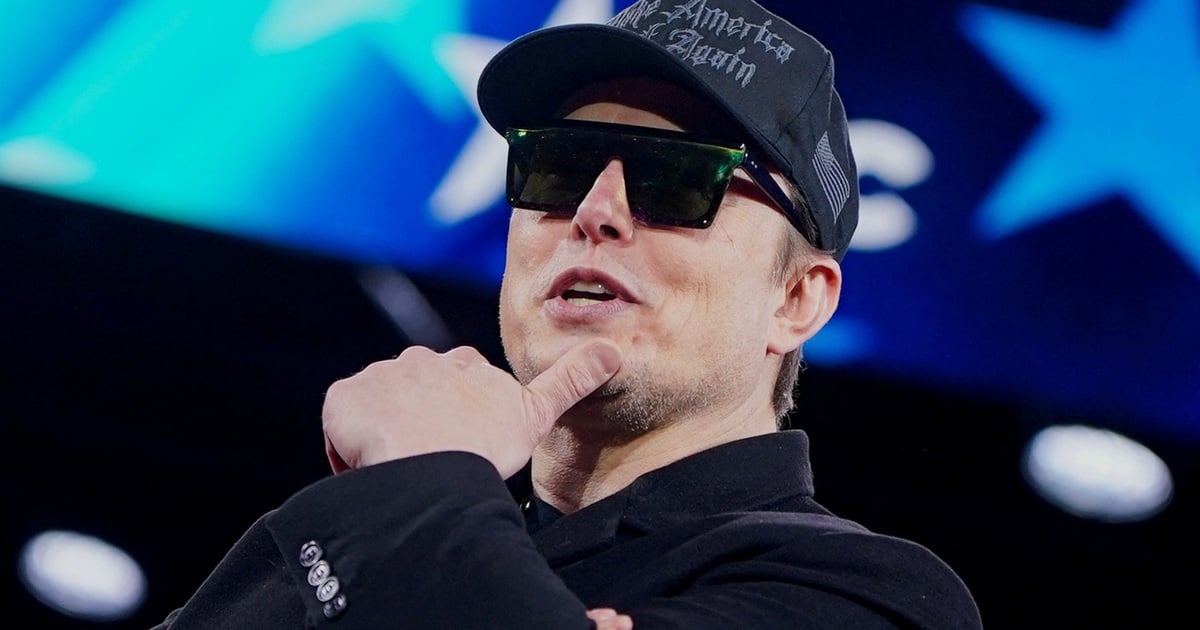

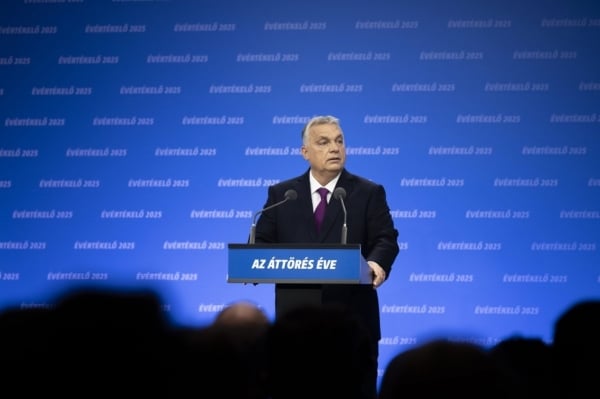




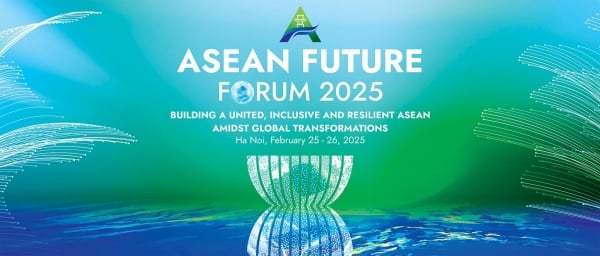







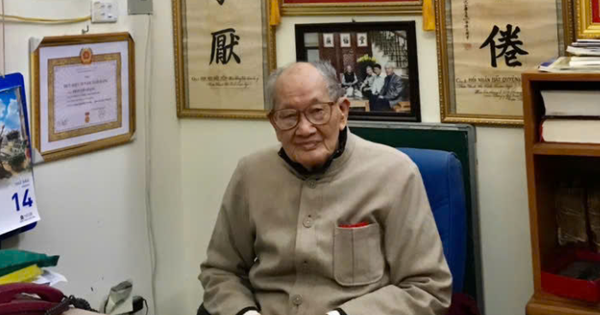


Comment (0)